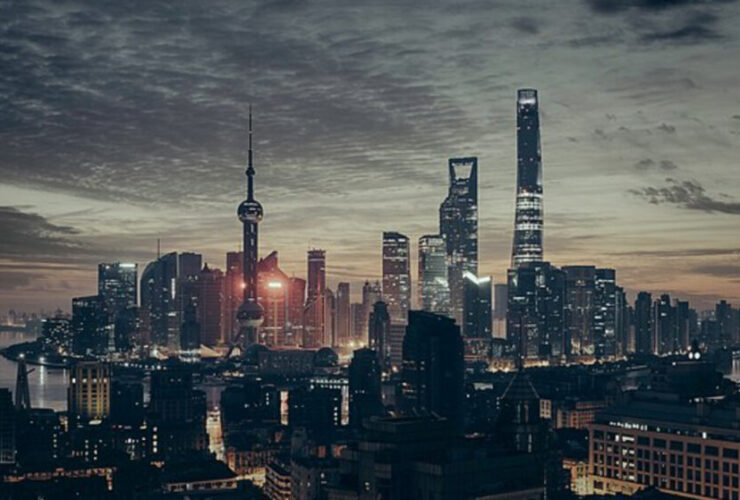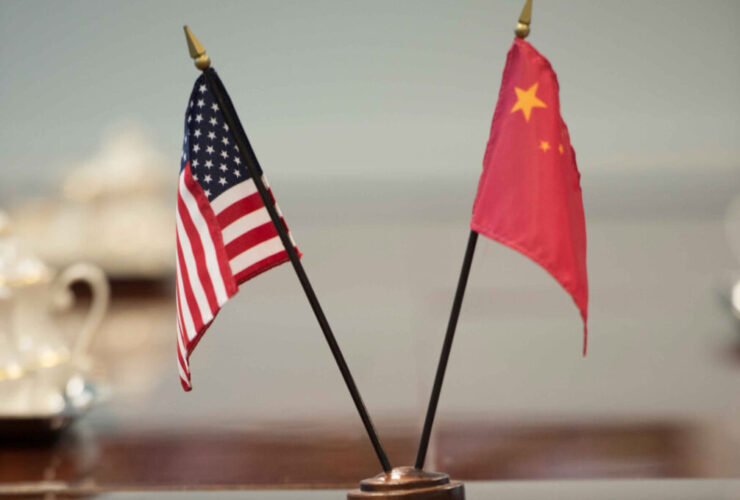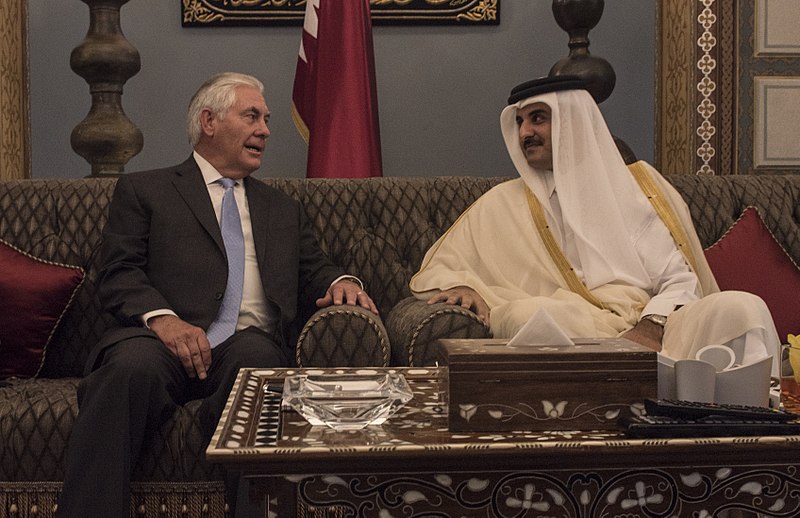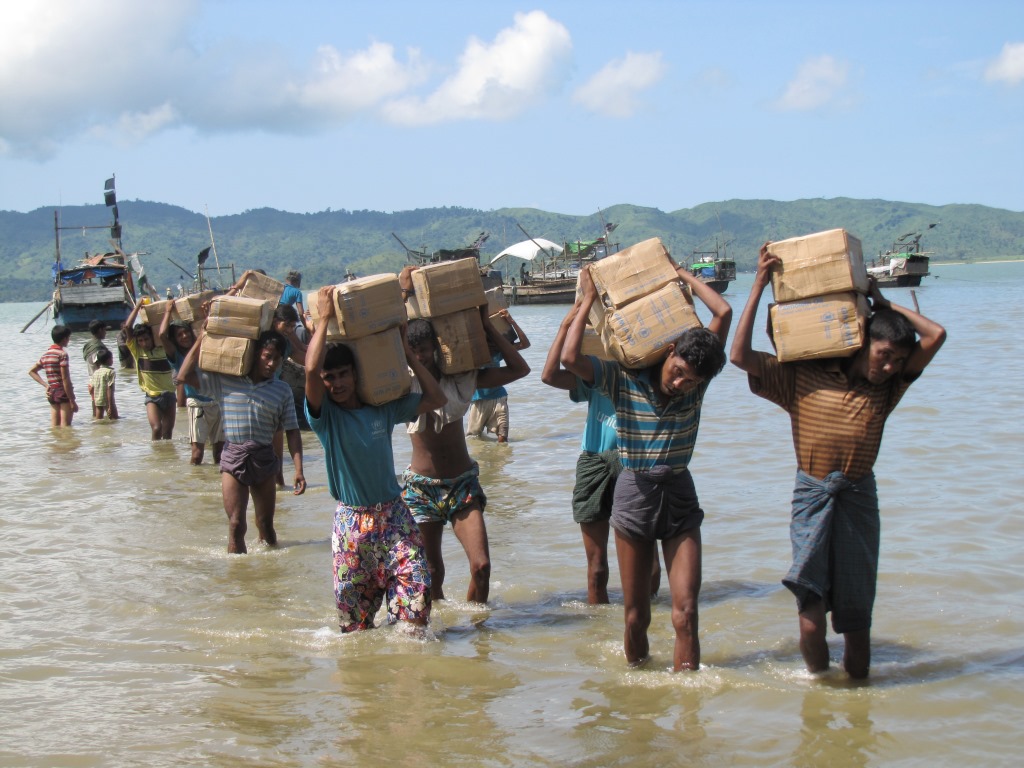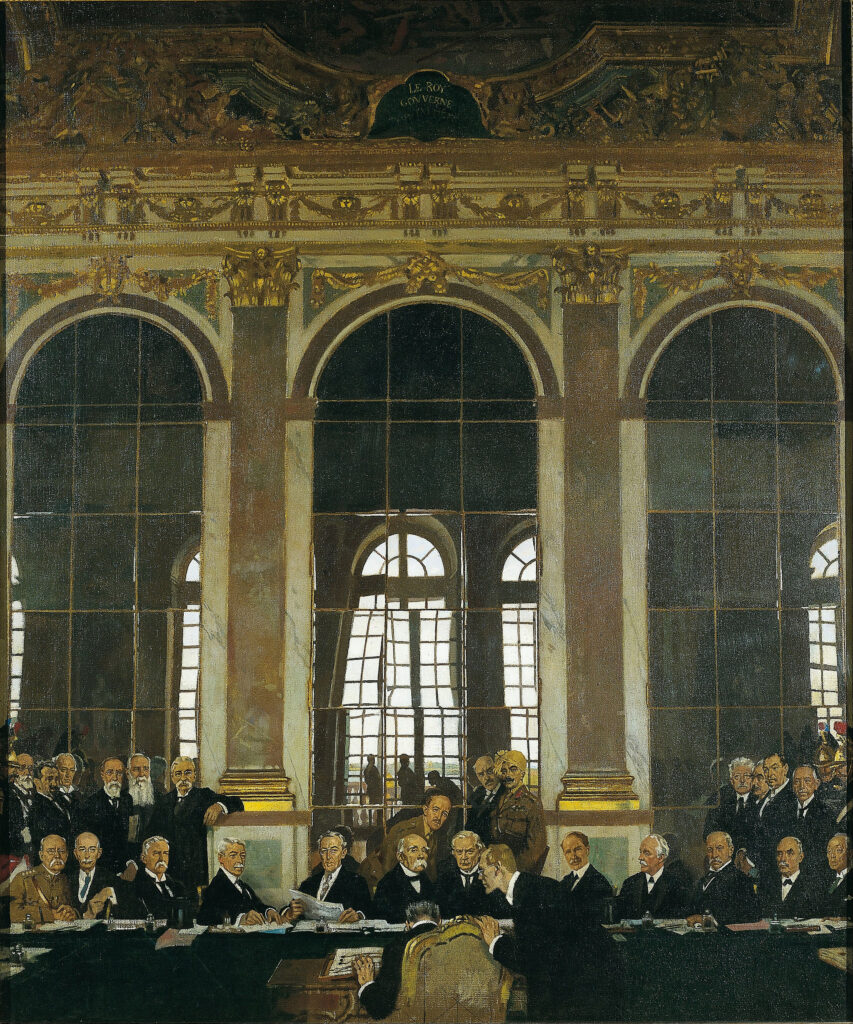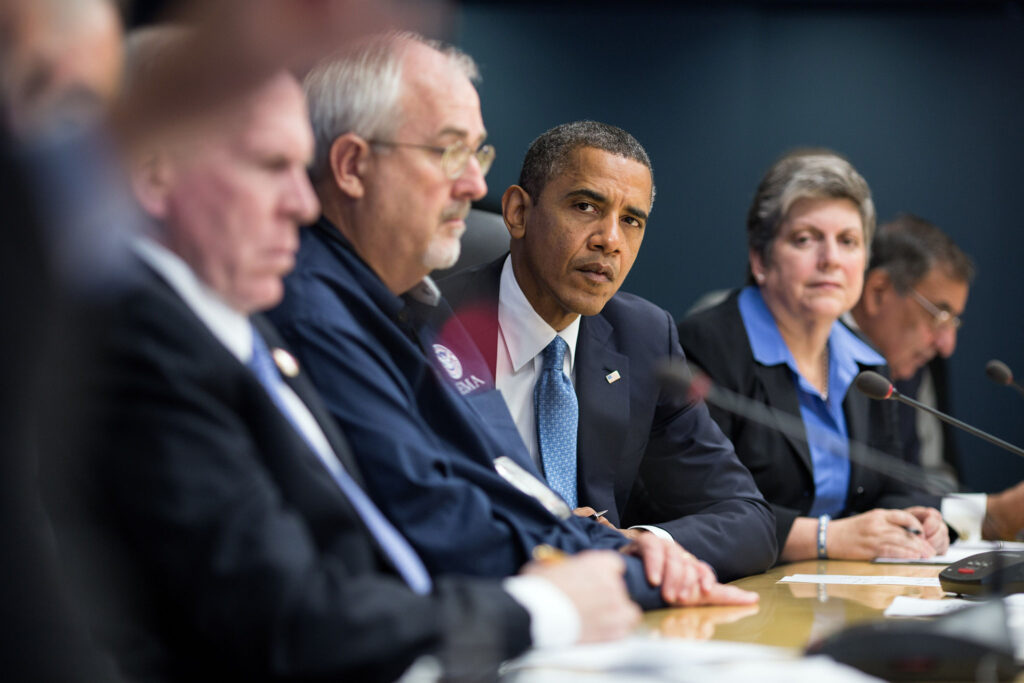SAN FRANCISCO — Imagine a futuristic city where robots prevail. Since the advent of imperialism, this futuristic and otherly view has often served as the popularized Western conception of Asia. This concept is known as Techno-Orientalism, a phenomenon that primarily ...
SAN FRANCISCO — Today’s media discourse surrounding the United States and China tends to capitalize on the political and economic turmoil between the two countries. This focus overlooks the importance of cross-cultural education in redefining the diplomatic relationship between both ...
In the four months since the coalition of Gulf States—Saudi Arabia, Bahrain, Egypt, the United Arab Emirates—cut their diplomatic ties with Qatar and initiated a land, air, and sea blockade, little movement towards a resolution has been made. The conflict ...
Guest Contributor: Anne Gillman Since Myanmar’s 2011 reforms, the country has been widely re-evaluated by the international community. The US has moved from a policy of isolation and economic sanctions to offering partnership. With diplomatic missions now re-opened, Myanmar has ...
In 1972, President Nixon – thanks to the wily diplomacy of his national security advisor, Henry Kissinger – cemented one of his more favorable legacies: opening Communist China to the West. (Despite his infamous reputation in the West, he’s still ...
There are always those Realists who, vigorously pursuing the intricacies of power politics, laugh down the very notion that international law holds any bearing over the foreign policies of states. The world, they assert, is inherently anarchic and international law ...
“You never want a serious crisis to go to waste,” counseled President Obama’s first Chief of Staff, Rahm Emanuel, in early 2009. Although many Republicans, still recovering from their losses in the 2008 Election, seized the advice as evidence of ...


